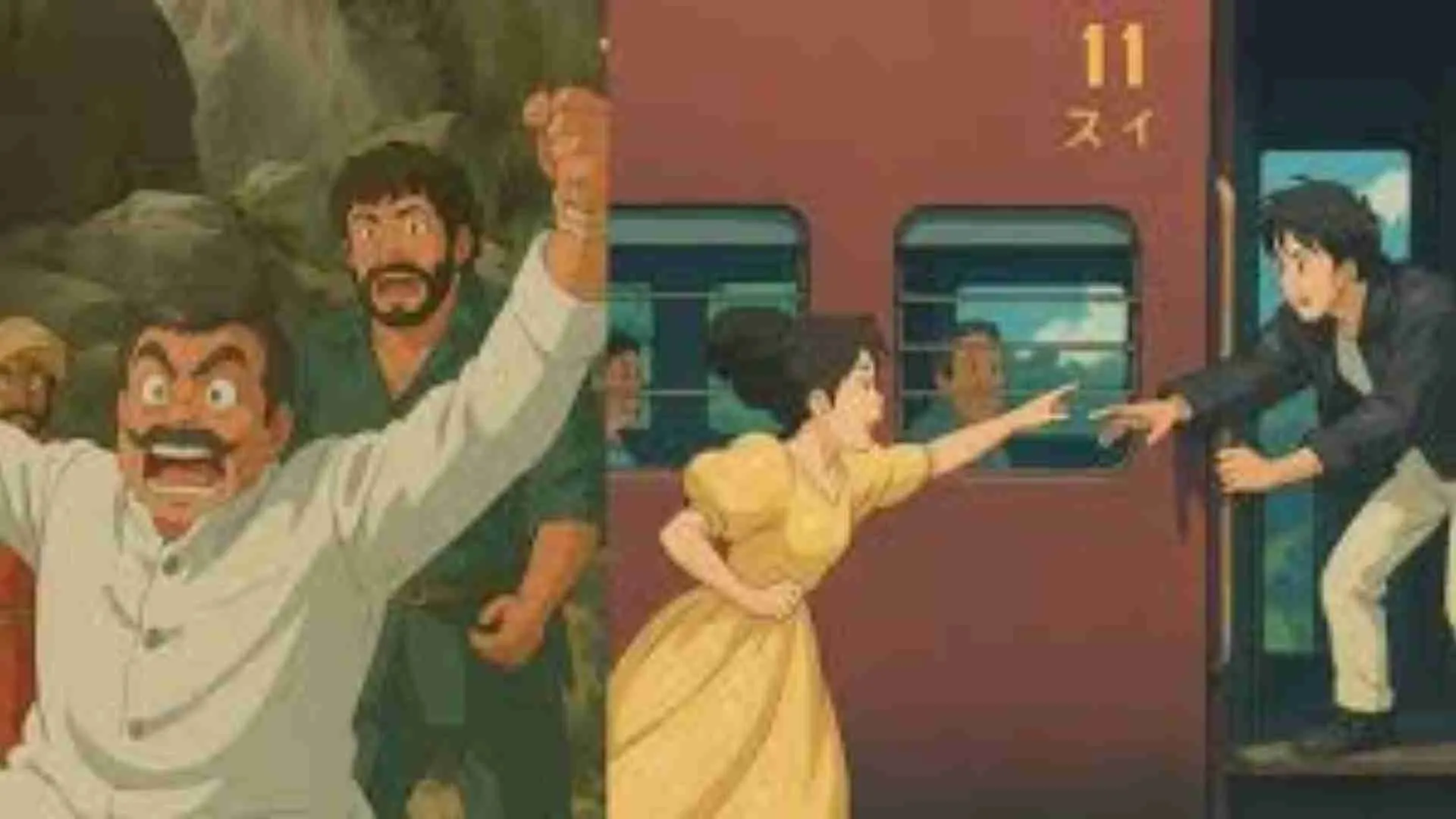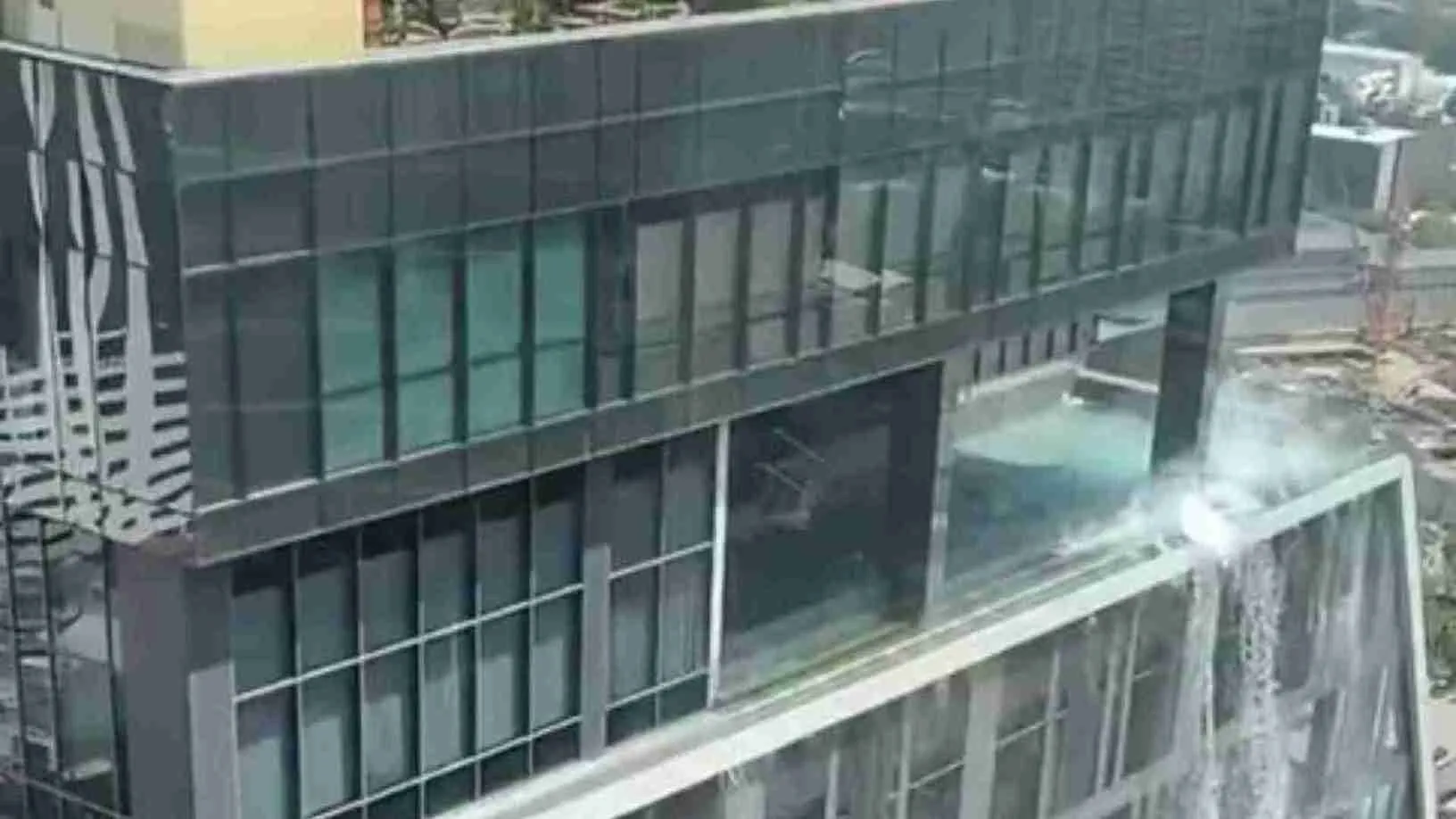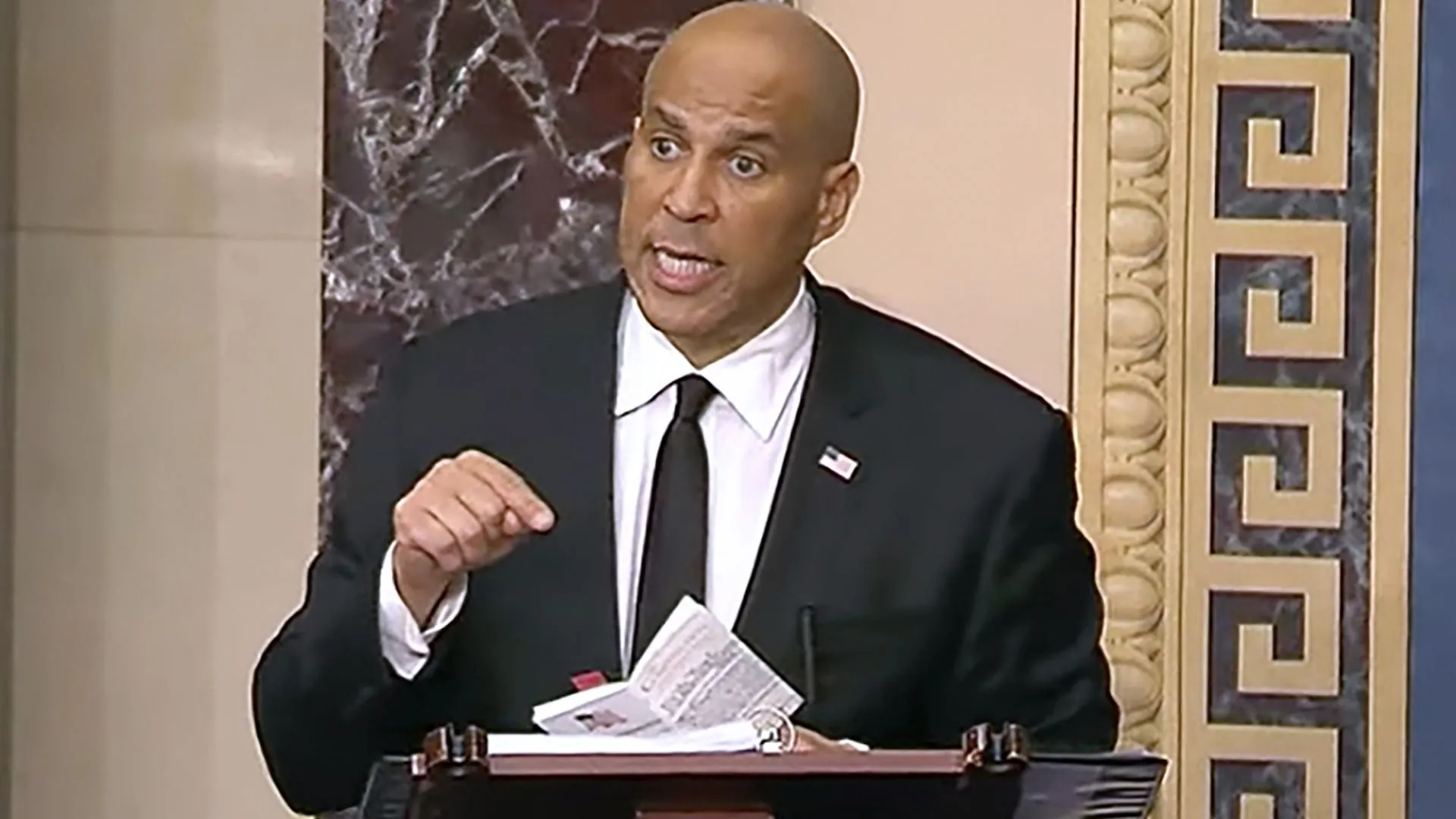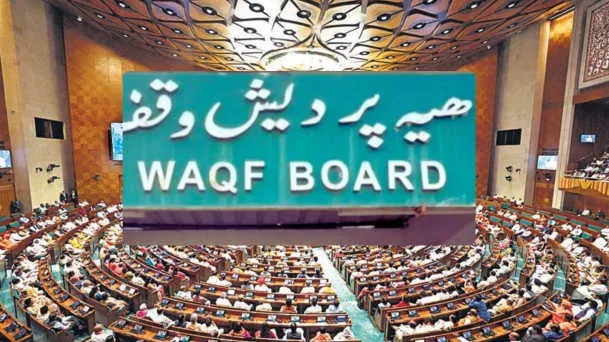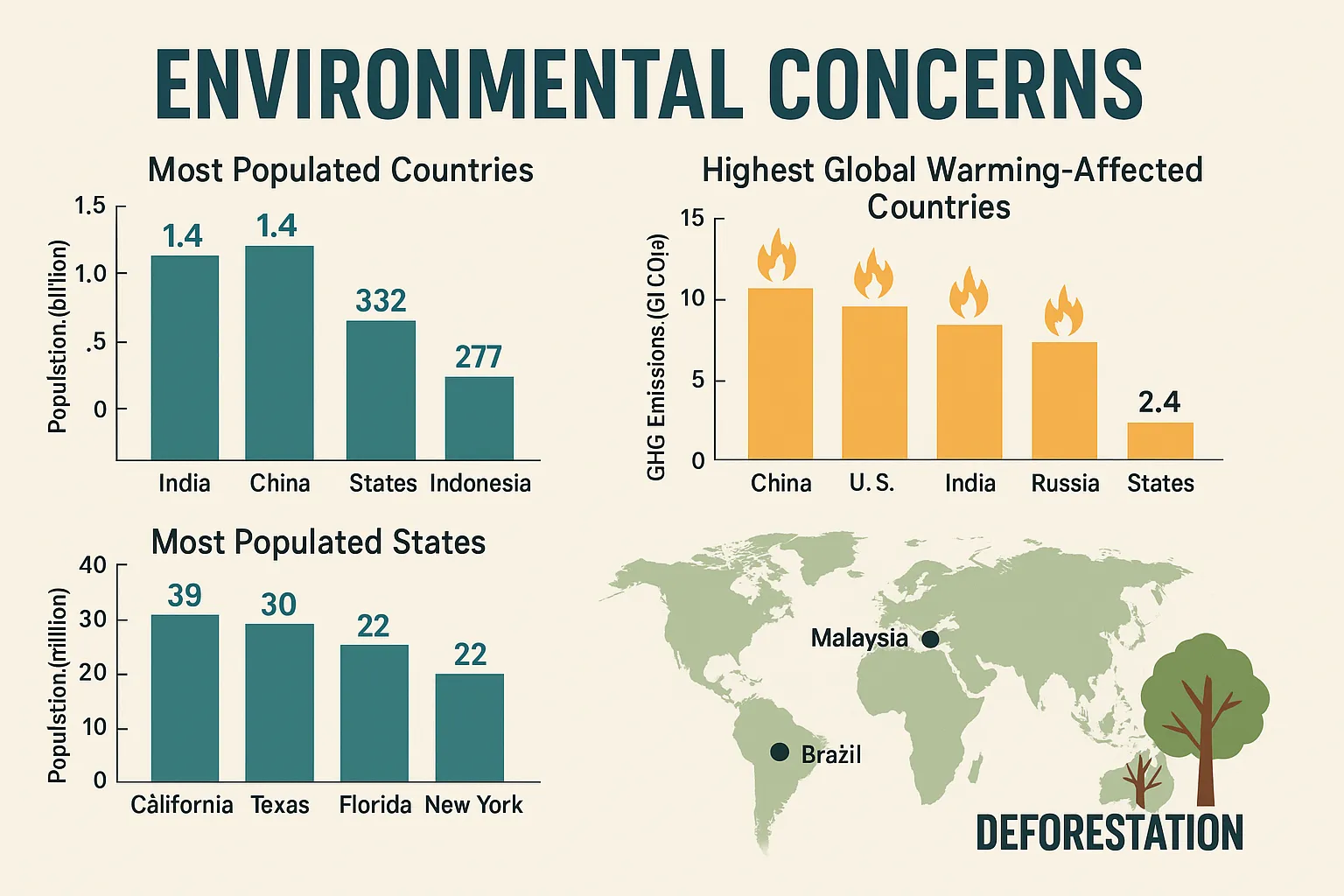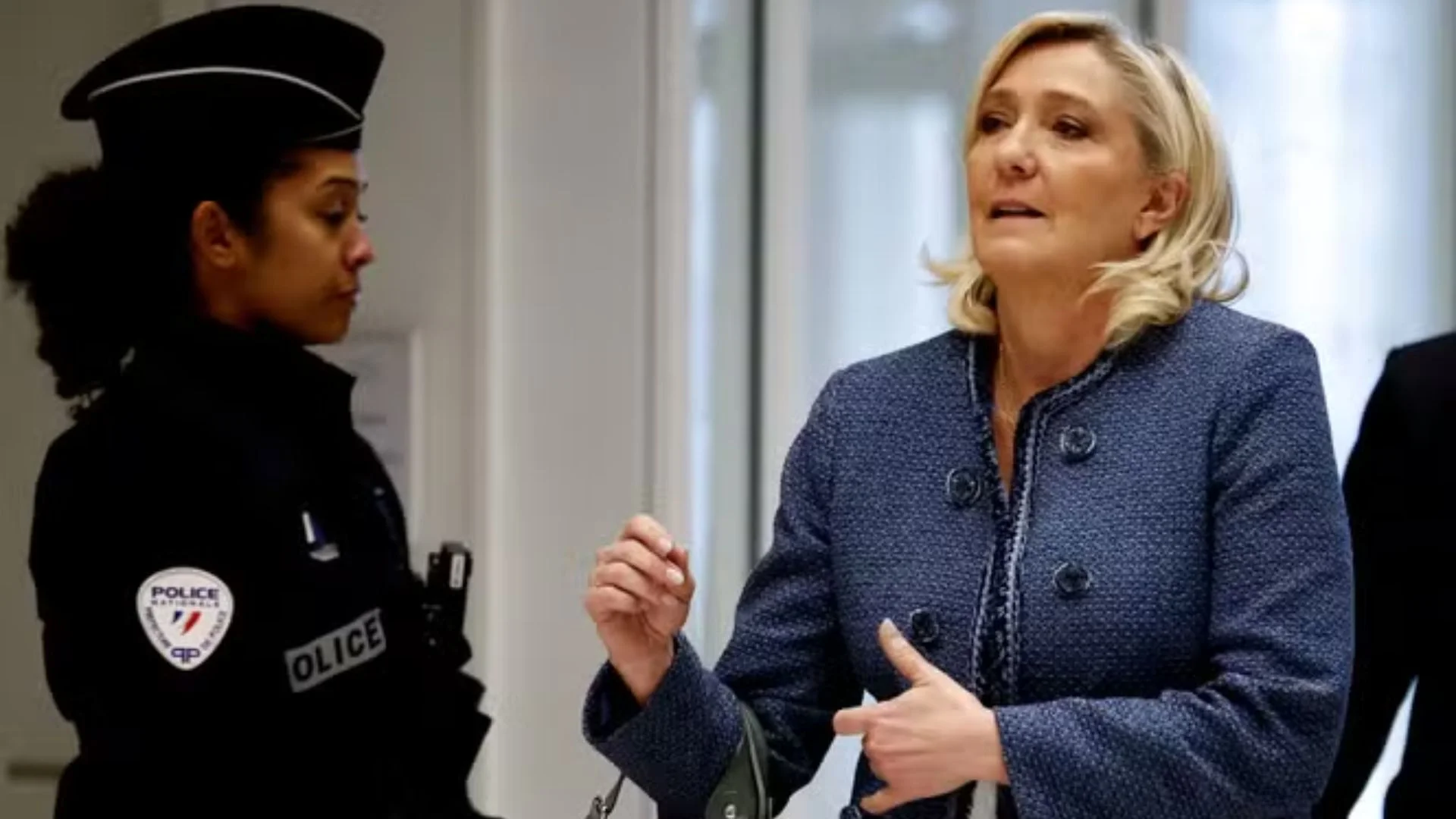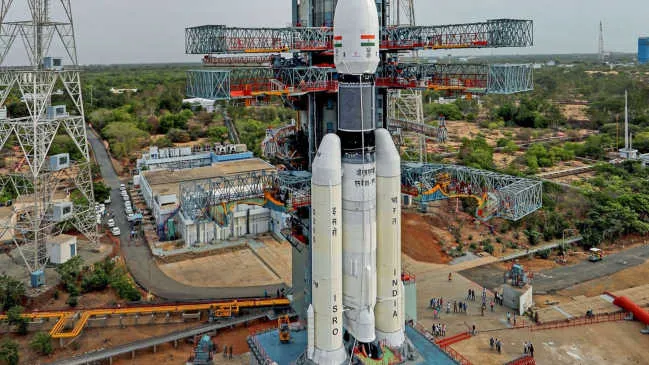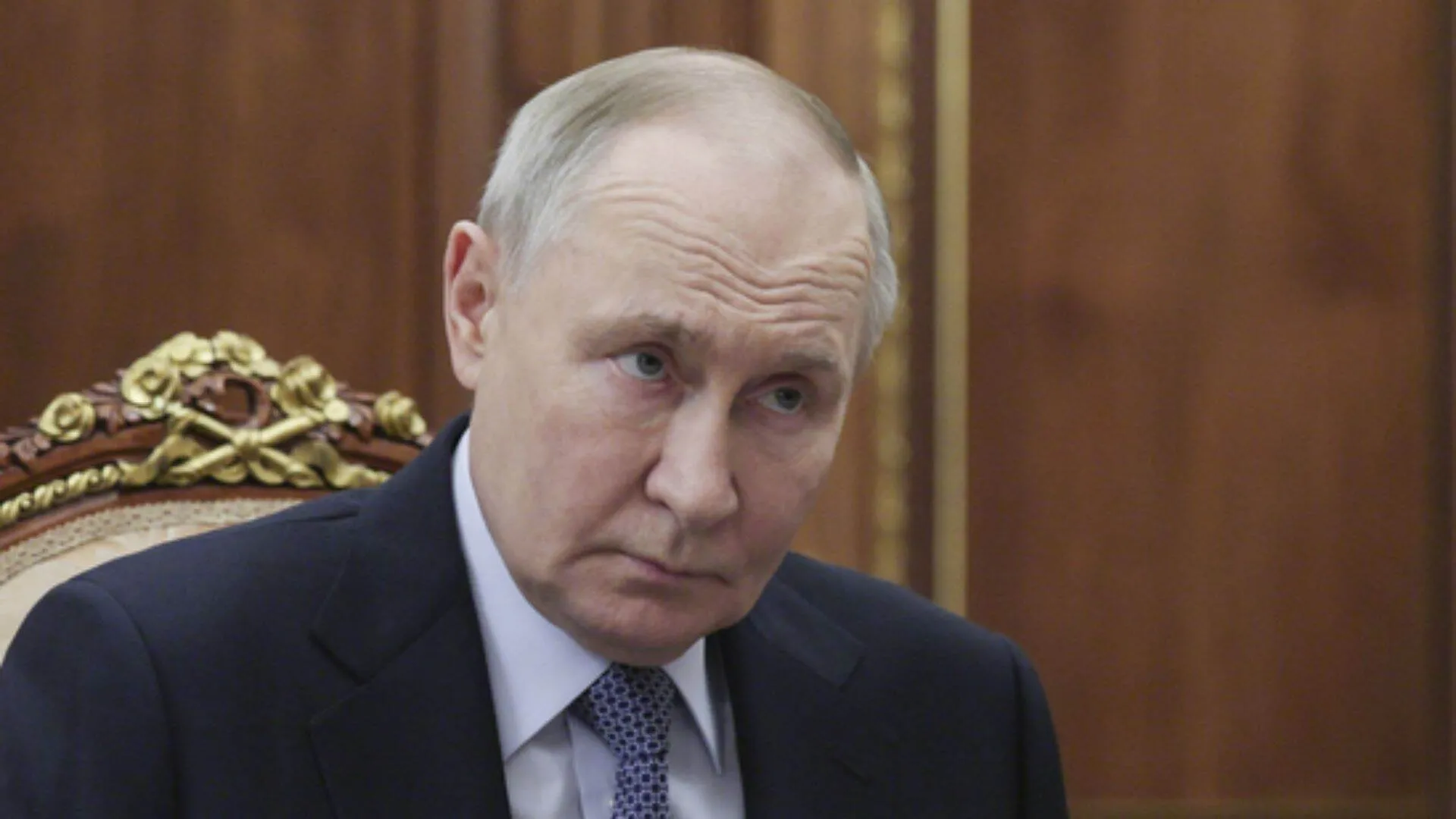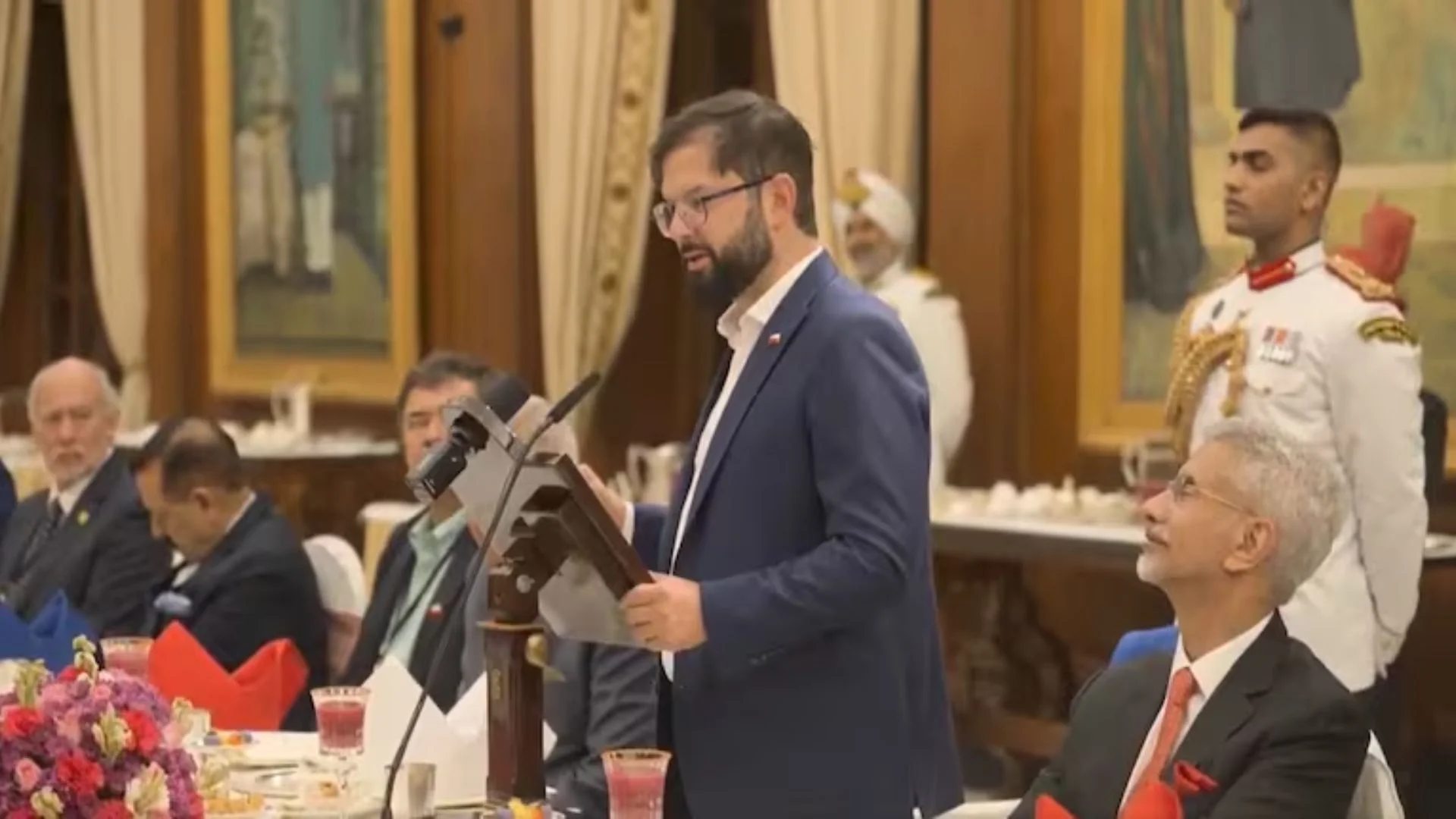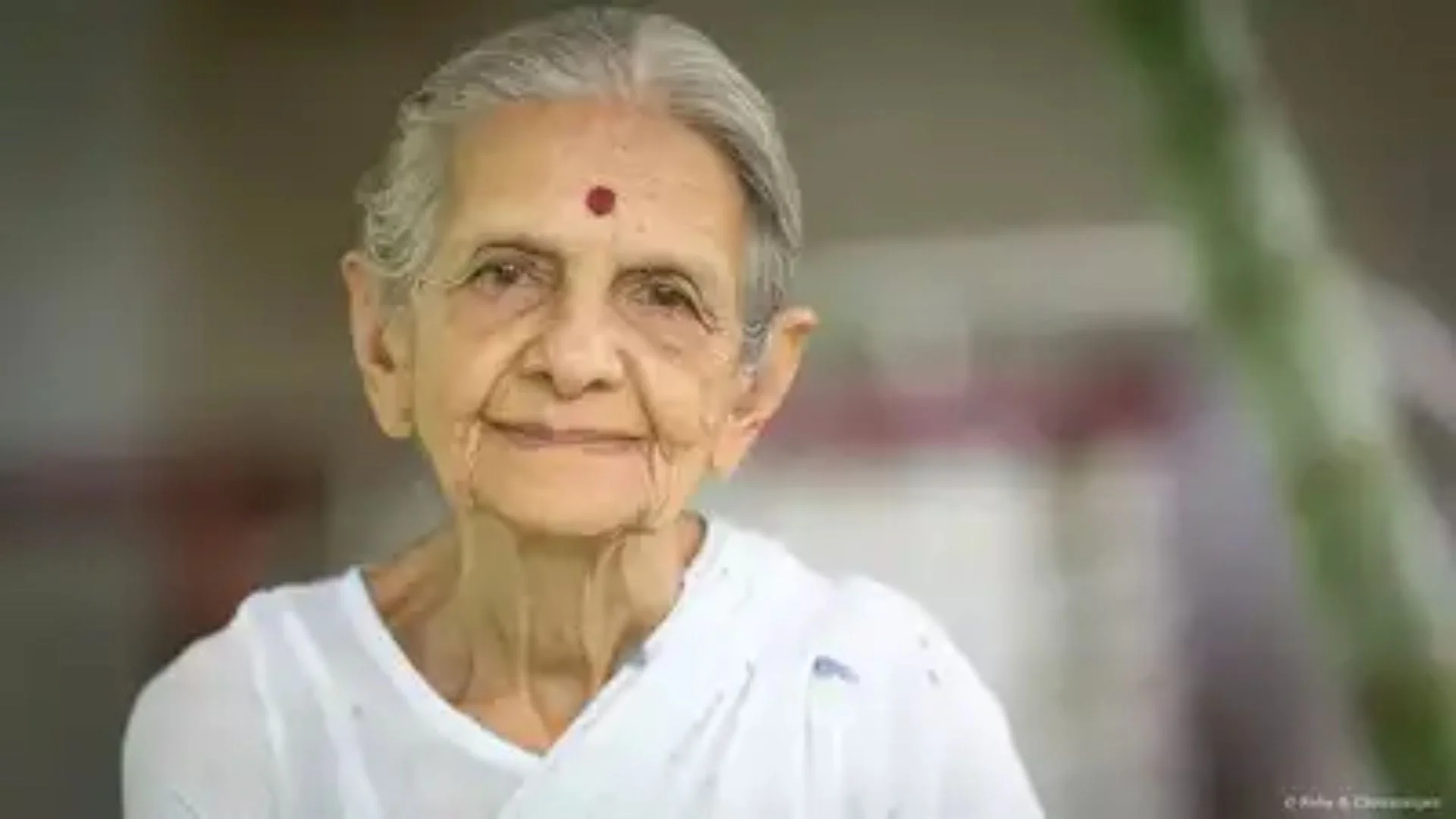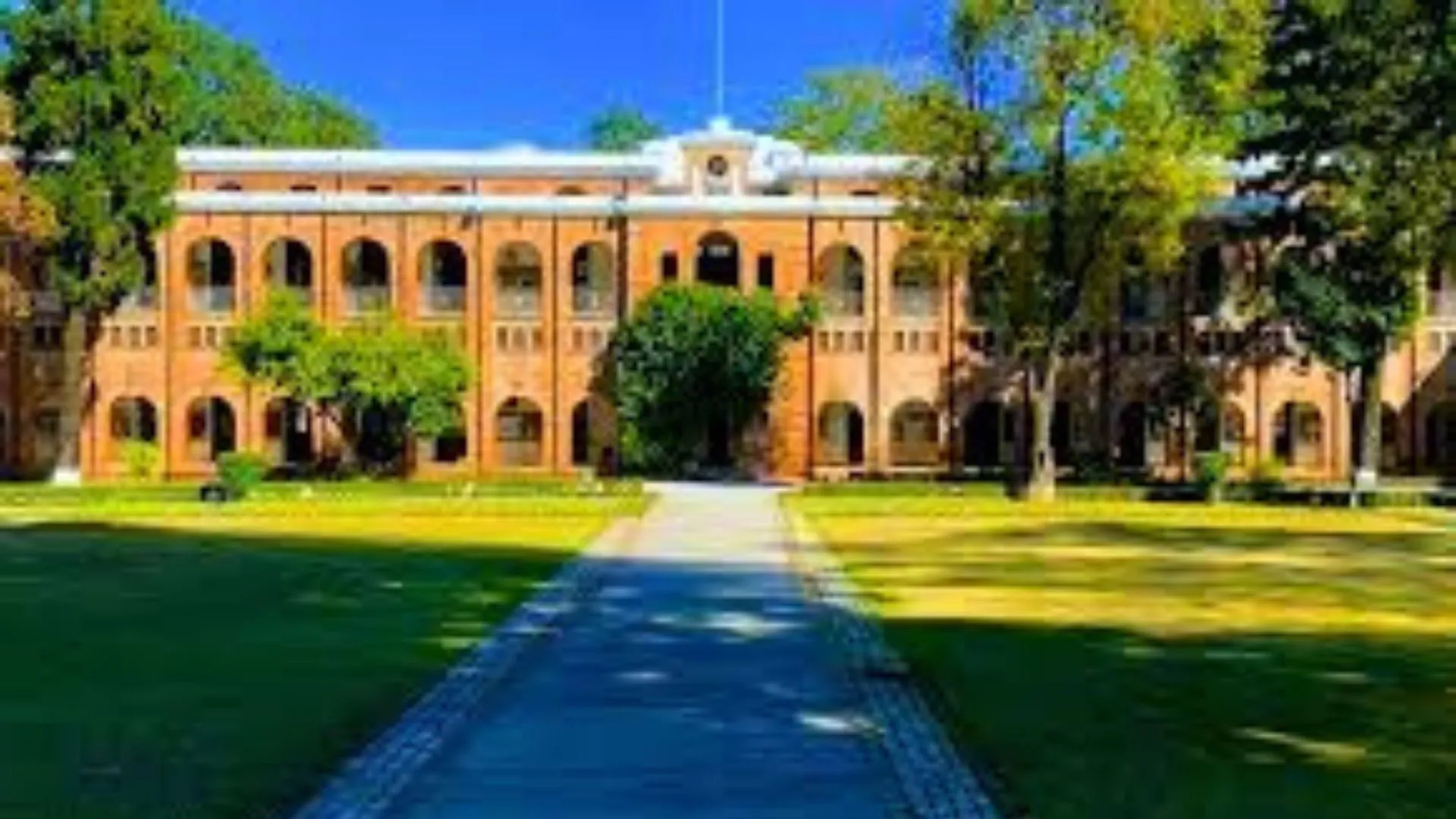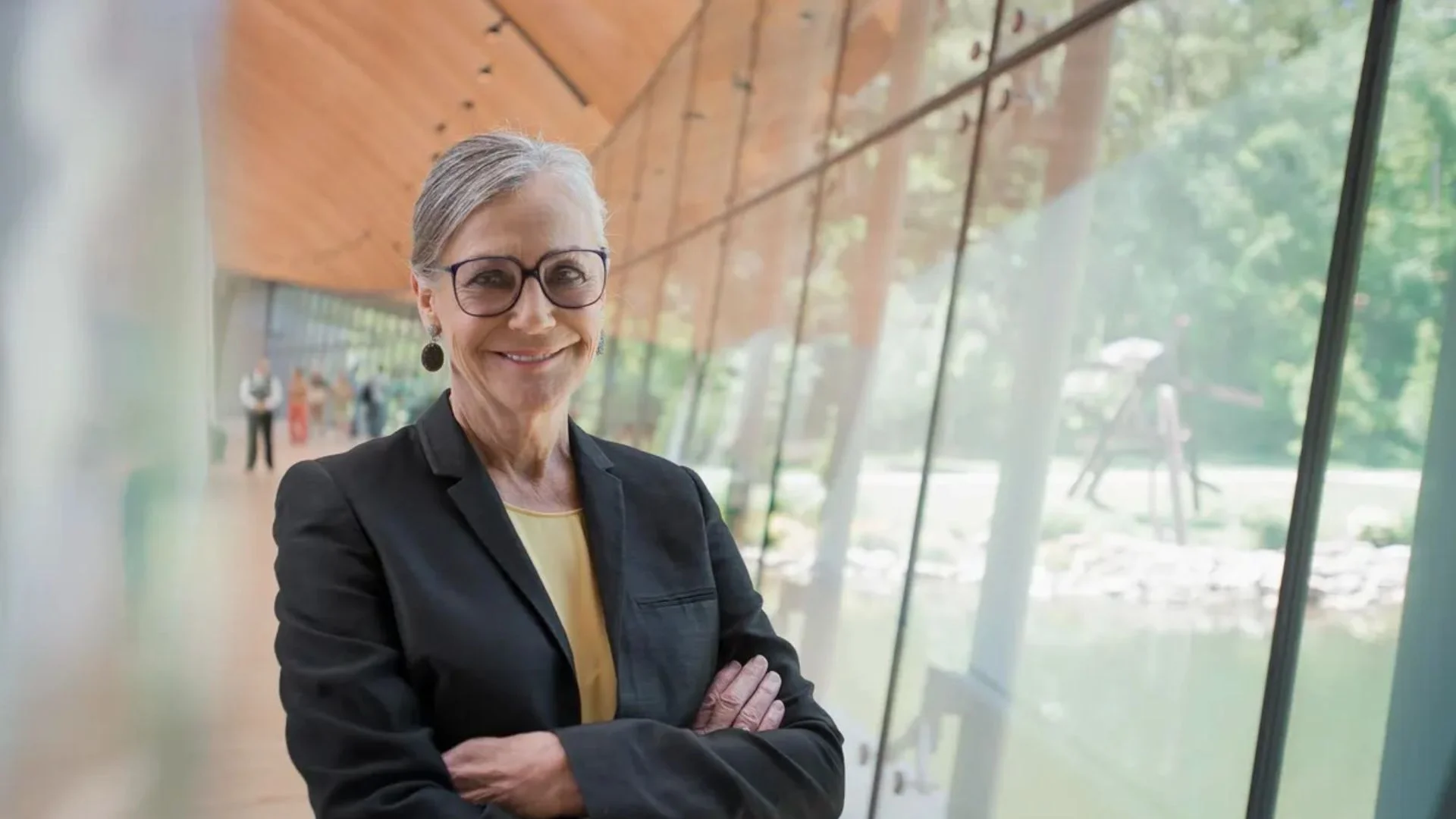A new social media trend has taken the internet by storm—users are using ChatGPT’s latest AI image generator, GPT-4o, to transform personal photos, memes, and film stills into Studio Ghibli-style art. While initially a fun experiment, the trend has quickly sparked ethical and copyright debates, with critics questioning whether OpenAI’s tool is infringing on the Japanese animation studio’s intellectual property.
The Ghibli AI Trend Goes Viral
OpenAI’s GPT-4o, an upgrade from its previous DALL-E 3 image-generation tool, has enabled users to create AI-generated images resembling the iconic style of Hayao Miyazaki’s Studio Ghibli. Social media has been flooded with Ghibli-style renditions of celebrities, historical figures, and viral memes—including images of Turkish Olympic shooter Yusuf Dikec, Elon Musk, Donald Trump, and even the famous “Disaster Girl” meme.
OpenAI CEO Sam Altman fueled the excitement by changing his profile picture on X to a Ghibli-style portrait, joking that OpenAI’s servers were “melting” from the overwhelming demand.
However, not all users support this trend. Critics argue that AI-generated Ghibli-style images undermine the painstaking artistry of Studio Ghibli, which is known for its detailed, hand-drawn animation. The controversy intensified when the White House shared a ‘Ghiblified’ image of a weeping immigrant being deported, leading to widespread backlash.
Is OpenAI Violating Copyright Laws?
Legal experts remain divided on whether OpenAI’s AI-generated images constitute copyright infringement. Intellectual property lawyer Evan Brown of Neal & McDevitt told TechCrunch that artistic style itself is not explicitly protected under copyright laws. “This means OpenAI does not technically appear to be violating laws by generating images that look like Studio Ghibli movies,” Brown explained.
However, he raised concerns over OpenAI’s data training methods. “I think this raises the same question that we’ve been asking ourselves for a couple years now. What are the copyright infringement implications of going out, crawling the web, and copying into these databases?”
Many courts are still evaluating whether AI developers can be held liable for using copyrighted materials to train their models.
OpenAI has since responded, stating that GPT-4o adopts a “conservative approach” to generating images in specific artistic styles. “We added a refusal which triggers when a user attempts to generate an image in the style of a living artist,” the company said in a technical paper. However, it acknowledged that broader studio styles remain permissible, allowing users to create “inspired fan creations.”
Artists Speak Out Against AI-Generated Ghibli Art
Not all artists are convinced. Karla Ortiz, a visual artist currently suing other AI image generators for copyright infringement, criticized OpenAI’s Ghibli-style trend. “That’s using Ghibli’s branding, their name, their work, their reputation, to promote (OpenAI) products,” Ortiz told AP. “It’s an insult. It’s exploitation.”
Ortiz also condemned the US government’s use of AI-generated Ghibli-style imagery, writing on social media: “To see something so brilliant, as wonderful as Miyazaki’s work be butchered to generate something so foul,” adding that she hoped Studio Ghibli would sue OpenAI for its actions.
As of now, Studio Ghibli has not publicly addressed the controversy.
Hayao Miyazaki’s Stance on AI
Amid the backlash, some users resurfaced a 2016 video of Studio Ghibli’s founder, Hayao Miyazaki, expressing his disdain for AI-generated art. During a presentation on AI technology, Miyazaki reacted with visible disgust when shown an AI demo depicting unnatural zombie-like movements.
“Every morning, not in recent days, I see my friend who has a disability,” Miyazaki recounted. “It’s so hard for him just to do a high five; his arm with stiff muscle can’t reach out to my hand. Now, thinking of him, I can’t watch this stuff and find it interesting. Whoever creates this stuff has no idea what pain is.”
He strongly rejected AI’s role in animation, stating, “I would never wish to incorporate this technology into my work at all. I strongly feel that this is an insult to life itself.”
As AI tools continue to evolve, the debate over AI-generated art and copyright infringement remains unresolved. While OpenAI claims its technology encourages creative expression, critics argue it devalues the artistic integrity of hand-drawn animation. Whether Studio Ghibli will take legal action against OpenAI remains to be seen, but for now, the Ghibli AI art trend continues to dominate online discussions.

